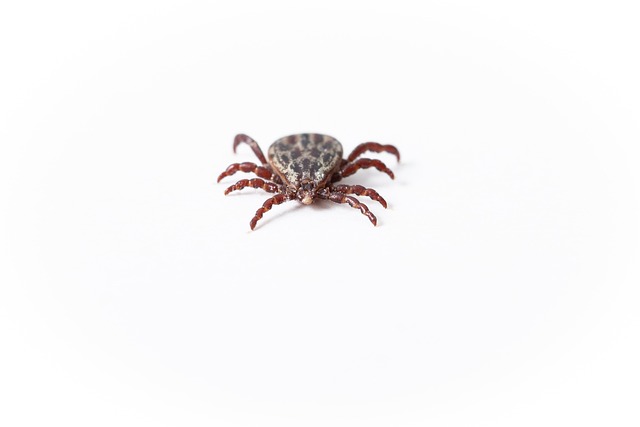
Contents
What are common tick-borne diseases?
Tick-Borne Diseases: Symptoms & Treatment
Tick-borne illnesses are caused by parasites that are passed from an infected tick to a human, animal or bird in the form of a bite. These diseases can be serious and in some cases, life-threatening. Knowing the signs and symptoms and how to effectively prevent and treat tick-borne diseases is the best way to stay healthy and protected.
Common symptoms of tick-borne illnesses
Common symptoms of tick-borne illnesses often include fever, rash, joint pain, and fatigue. Other symptoms may occur depending on which disease is contracted. It is also common for symptoms to appear in stages so it is important to monitor your health carefully and if you experience any of the following, seek medical assistance as soon as possible:
- Fever
- General aches and pains
- Joint pain
- Numbness or tingling
- Severe fatigue
- Rash
Treating tick-borne diseases
Treating tick-borne illnesses includes a combination of antibiotics, symptom relief medication and rest. If left untreated, a tick-borne illness can become more serious and may require hospitalization. Treatment of tick-borne diseases should be directed by a trained healthcare provider who is familiar with the full range of treatments available and the possible complications associated with each disease.
Preventing Tick-Borne Diseases
The best way to protect yourself from tick-borne illnesses is to avoid tick-borne diseases altogether. Some of the most effective ways to protect yourself include:
- Wear light-colored and long-sleeved clothing when outdoors, particularly in wooded or bushy areas
- Tuck your pant legs into your socks when outdoors
- Use insect repellent containing DEET or permethrin, and follow the directions on the label
- Check for ticks after being outdoors and remove any ticks you may find attached
When dealing with tick-borne diseases, early detection is key. It is important to be aware of the signs and symptoms so you can seek medical assistance as soon as possible if you think you or someone you know might have a tick-borne illness. Treating the disease as soon you know you have it can help minimize any associated risks or complications.
By following safety precautions and being aware of the signs and symptoms, you can protect yourself and your family from potential health risks associated with tick-borne illnesses.
